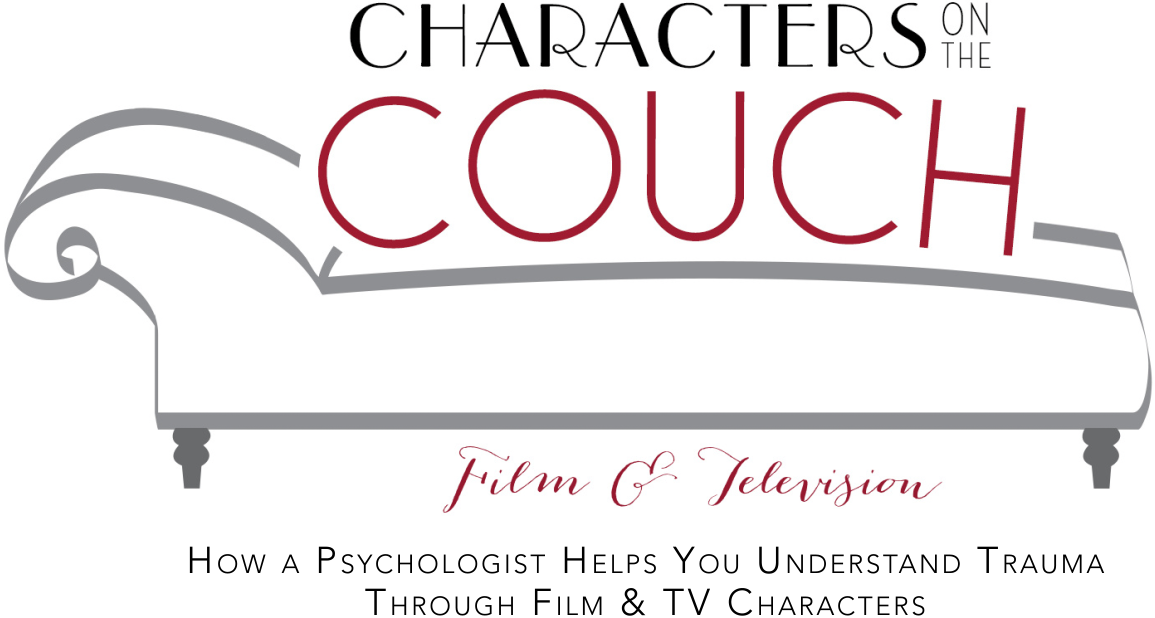
How a Psychologist Helps You Understand Trauma Through Film & tV Characters

Welcome to Characters On The Couch, my Film & Television site, where I delve into character psychology. If you’re interested in psychology, film, or a combination of the two, I bring my insights into your favorite contemporary and classic characters. I hope to help you understand their deeper psychological motivations (and, maybe, even your own).
When you think about truly iconic films, do you wonder what gives them such staying power? Is it the time of your life when you watched them? Is it the costumes or images that seemed unforgettable? Did one or more characters align with your struggles or painful experiences? Did you feel along with them? Or maybe, it’s simply that the film pulled at your heart and caused you to explore emotions in a new and profound way?
I say it’s all of the above. And, in the same way, when these meaningful elements are missing, a story becomes forgettable. I hope this site will encourage you to transform your story, personal or in writing, into magic by finding the human thread that links it and you to a universal experience.
Everything in life ties us back to complex emotions and the rhythm and language of feelings and psychology. I'll offer you that language of feeling in my blog as I write about the human struggles in each film.
THE MARTIAN
Trauma Of Abandonment
Self-Sufficiency Or Connection?
Director Ridley Scott’s film, The Martian, tells the story of NASA astronaut Mark Watney’s (Matt Damon) accidental abandonment on the barren planet of Mars. Early childhood abandonment also creates a desolate emotional landscape. People can’t be trusted. Hope is fractured. On Mars, Mark has two things to turn to 1. distasteful music of Commander Lewis’…
BRIDGE OF SPIES
A Standing Man
How Integrity Triumphs Over Fear
Steven Spielberg’s powerful film, Bridge of Spies, asks some compelling psychological questions. Could there be two more different men than a Brooklyn lawyer in 1957 at the height of the Cold War and an alleged Russian spy – or are they different at all? And, if they aren’t, what is it exactly that forms an unexpected…
MAD MAX FURY ROAD
Depression &
Tyrants That Take Over Your Mind
Opportunists in the mind take over in states of emotional deprivation. Immortan Joe (Hugh Keays-Byrne) in Director George Miller’s western style post apocalyptic film, Mad Max:Fury Road, is a good example. As a psychoanalyst who treats severe depressive states, I found this film a fascinating allegorical tale of the conditions under which mental tyrants take over,…

